How to Prepare Your Electrical System for Storm Season
7016309225 • August 18, 2025
🌩️ How to Prepare Your Electrical System for Storm Season
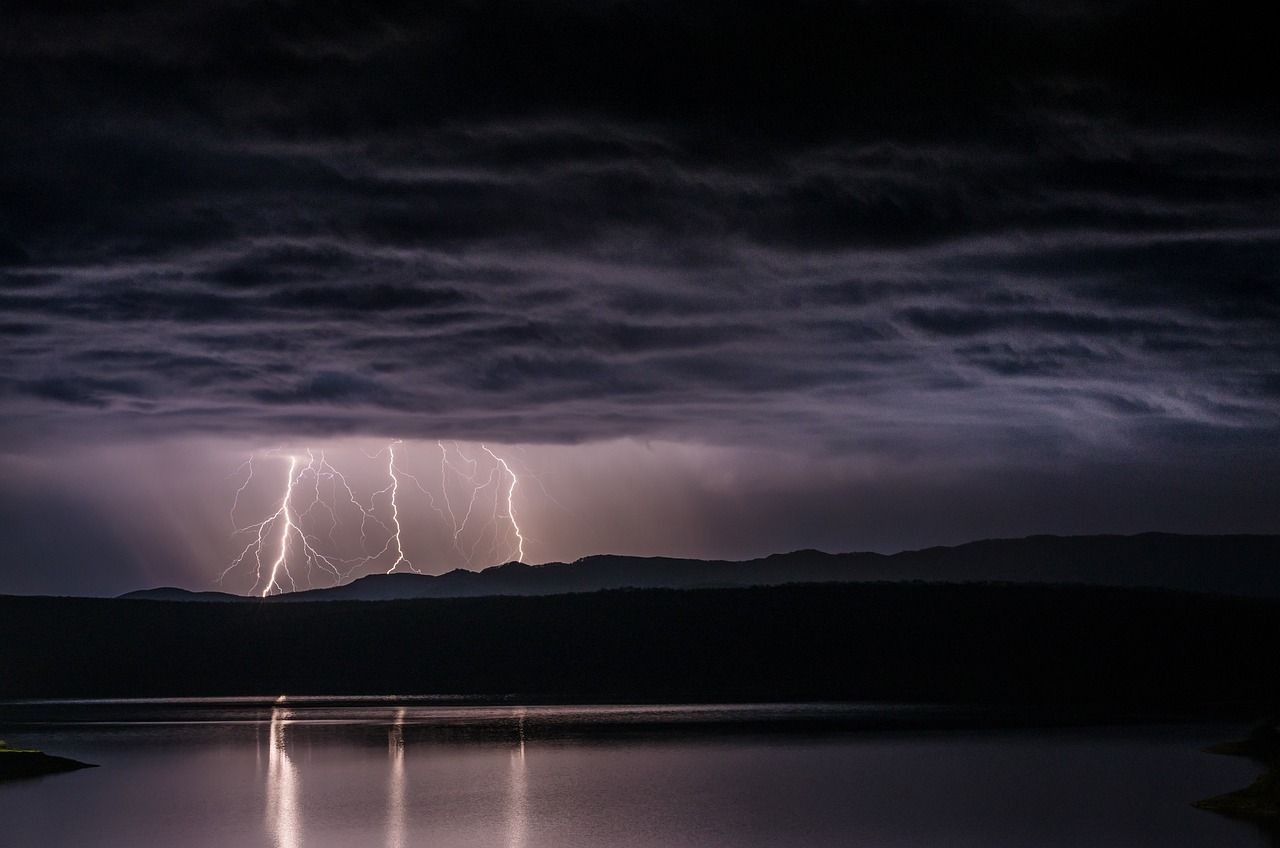
Storm season is no joke—high winds, lightning, heavy rain, and power outages can do serious damage to your home’s electrical system. But with a little preparation and help from the pros, you can protect your home, your appliances, and your family’s safety.
Here’s how to get your electrical system storm-ready:
Install Whole-Home Surge Protection
Lightning strikes and power fluctuations during storms can send dangerous surges through your electrical system. These spikes can damage:
- TVs and computers
- Refrigerators and HVAC systems
- Smart home devices
🔌 A whole-home surge protector installed at your electrical panel adds a crucial layer of defense, reducing the risk of expensive damage.
Secure and Inspect Your Outdoor Electrical Components
Storms bring wind and water—two things you don’t want messing with your electrical setup. Be sure to:
- Check that your outdoor outlets are GFCI-protected and weather-sealed
- Inspect exterior wiring, conduits, and boxes for damage or wear
- Secure loose electrical fixtures, lights, and wiring to prevent them from becoming storm debris
💧 Water + electricity = danger. Keeping everything sealed and elevated helps prevent shorts and shock risks.
Consider a Backup Generator
When the power goes out, a backup generator can keep the essentials running—lights, refrigerator, medical equipment, even your Wi-Fi.
There are two main types:
Portable generators – good for short outages, but must be operated outside with proper ventilation.
Whole-home standby generators – kick on automatically and power large portions of your home. We install stand by generators! Read
this blog about investing in a standby generator.
⚠️ Generators must be installed with proper transfer switches to prevent backfeeding into the grid—a serious safety hazard.
Know Your Electrical Panel
Your breaker panel is the heart of your home’s electrical system. In a storm:
- Know how to safely shut off power if needed
- Ensure all breakers are clearly labeled
- Have the panel inspected if it’s older or frequently tripping
🛠️ A storm is not the time to discover you’ve got an outdated or undersized panel.
Schedule a Professional Electrical Inspection
Before the storm season ramps up, have a licensed electrician inspect your:
- Panel and grounding system
- Surge protection setup
- Outdoor connections and GFCIs
- Backup power sources
- A proactive check-up can prevent dangerous surprises during severe weather.
Stay Safe, Stay Powered 🌧️
Storms are unpredictable—but your electrical system doesn’t have to be. At KrisLee Electric, we help homeowners prepare for whatever Mother Nature throws their way.
📅 Book
your storm prep inspection today and protect what matters most.
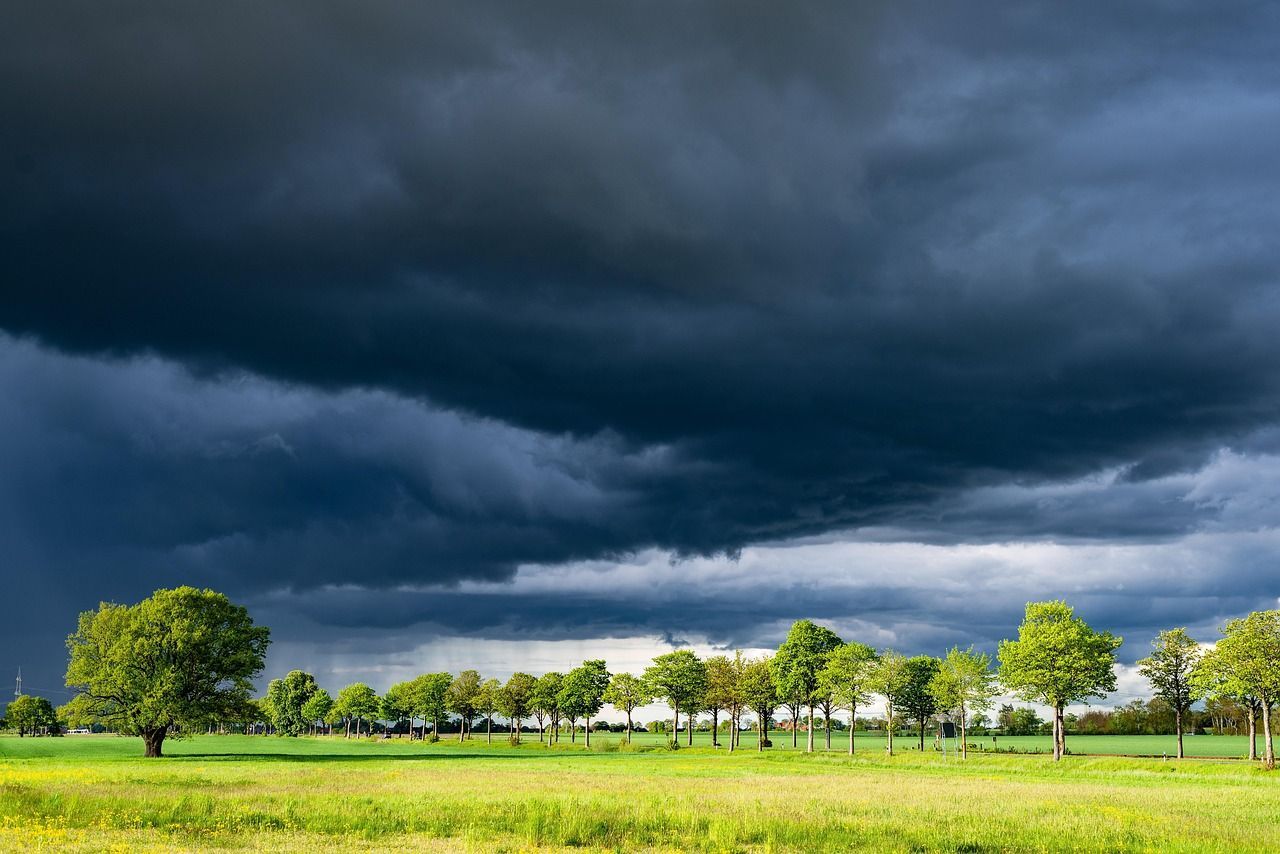
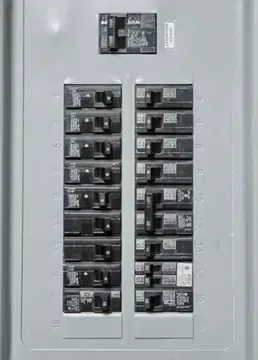
Every time a circuit breaker trips in your home, it’s doing something incredibly important—protecting you and your electrical system from danger. But have you ever wondered where these little safety devices came from, or how we protected homes before they existed? Here’s a quick look at the evolution of electrical breakers, and why they’re one of the most important inventions in modern electrical safety. ⚙️ Before Breakers: The Age of Fuses (Late 1800s – Early 1900s) Before circuit breakers became common, homes used fuses to prevent electrical overloads. A fuse contains a thin wire that melts when too much current flows through it, stopping the circuit. The problem? Once a fuse blows, it has to be replaced—every single time. Fuses worked, but they were: Inconvenient Easy to install incorrectly Prone to over-fusing (dangerously replacing with a higher-rated fuse) ⚡ Enter the Breaker: Early 20th Century Innovation The concept of the resettable circuit breaker emerged in the early 1900s, offering a reusable, more reliable solution. The first patent for a circuit breaker came in 1924 by Hugo Stotz (working with Siemens), whose design used a bimetallic strip to detect overcurrent. Breakers gained popularity throughout the 1930s–50s, especially in industrial and commercial buildings. Why they caught on: Could be reset instead of replaced More precise at detecting electrical faults Better suited for growing electrical demands 🏠 Breakers in the Modern Home (1960s–Present) By the 1960s and 70s, circuit breakers became the standard in new residential construction across the U.S. and many parts of the world, replacing fuse boxes entirely. Modern home panels include: Standard breakers – for basic overcurrent protection GFCI breakers – to protect against shock (especially near water) AFCI breakers – to prevent electrical fires from arc faults Dual-function breakers – offering both GFCI and AFCI protection These advanced breakers are required by modern electrical codes in many areas, and they’ve drastically reduced electrical fires and injuries. 🔌 Why Breakers Matter More Than Ever Today’s homes use far more electricity than they did 50 years ago. With more appliances, electronics, EV chargers, and smart tech, the demand on your electrical panel is greater than ever. Circuit breakers are the unsung heroes, silently monitoring every circuit to: Prevent overloads Stop short circuits Protect people and property 🧑🔧 Should You Upgrade Your Breaker Panel? If your home still has an old fuse box or outdated breaker panel, it might be time for an upgrade—especially if you’re: Experiencing frequent tripped breakers (check out our blog about troubleshooting electrical circuit tripping ) Adding new appliances or renovations Living in a home over 30–40 years old Find you need to upgrade your panel? Give us a call and we can give you a free estimate to upgrade your electrical panel
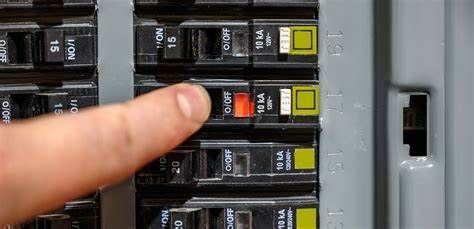
Noticing your lights flickering lately? Whether it's just a quick blink or a persistent issue, flickering lights aren't something to ignore. While some causes are harmless, others can be a sign of a much bigger electrical problem lurking behind your walls. We believe in addressing electrical issues early—before they turn into safety hazards. Here’s what flickering lights could mean, and when it’s time to call in a professional: ⚠️ Loose or Faulty Bulbs Let’s start simple. Sometimes, flickering is just a matter of: A loose bulb in the socket An incompatible bulb, especially with dimmer switches A bad connection between the bulb and socket contacts 🛠️ Try turning the bulb off, tightening it, or replacing it with a fresh one. If the problem stops—great! If not, keep reading. ⚡Overloaded Circuits Do your lights dim or flicker when you run the microwave, HVAC system, or vacuum cleaner? This could mean: A circuit is overloaded and struggling to supply enough power Your electrical panel may be undersized or outdated for your current energy needs ⚡ Solution: An electrician can evaluate your system and recommend upgrades, such as a panel replacement or circuit expansion. 🔌Faulty Switches or Loose Wiring Flickering in a single fixture—especially when touched or adjusted—may point to: A loose connection in the light switch Frayed or deteriorating wires behind the wall A faulty fixture that’s wearing out 🔥 Loose wires can generate heat and even lead to electrical fires—don’t delay an inspection if this sounds familiar. 🏡 Whole-House Flickering Lights flickering throughout your home? This could signal: Issues with your electrical panel or main service line A failing main breaker Problems with the utility company’s supply line This is a more serious issue that requires a licensed electrician’s immediate attention. ⚠️ Never ignore widespread flickering—it’s often a sign of a potentially dangerous voltage problem. 🌩️Power Grid Fluctuations or Storm Impact Sometimes flickering comes from outside your home. Storms, power line damage, or utility equipment issues can all cause fluctuations in your service. We have a blog about how to set your house up for stormy weather. Check it out here ! While these may resolve on their own, frequent or prolonged issues should still be evaluated to protect sensitive electronics and ensure safety. 🧑🔧 When to Call a Pro If flickering lights happen often, are unpredictable, or are accompanied by: Burning smells Buzzing from outlets or panels Warm switches or outlets Tripping breakers 👉 It’s time to call a licensed electrician.
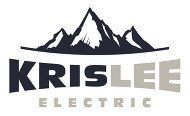

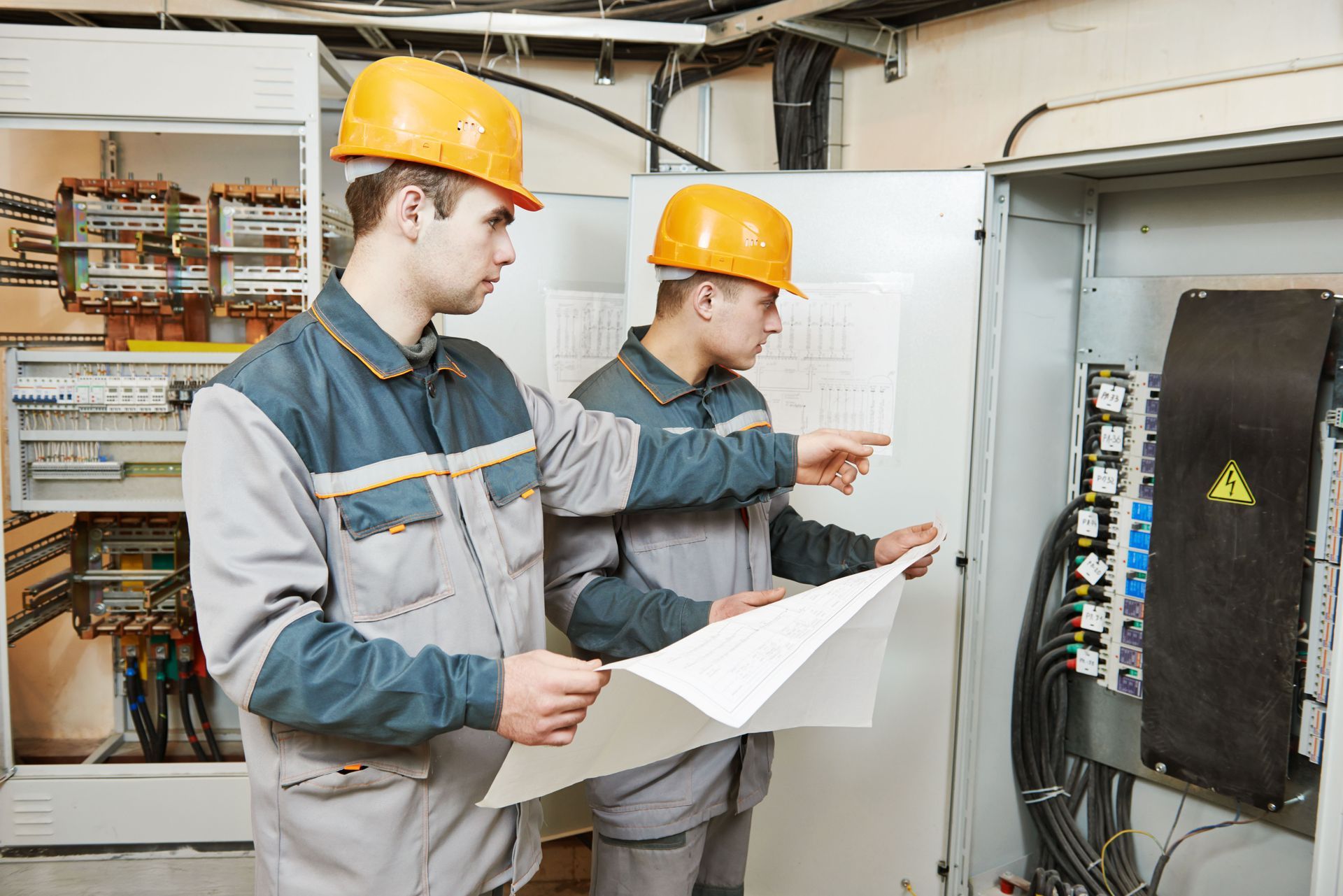
Share On: